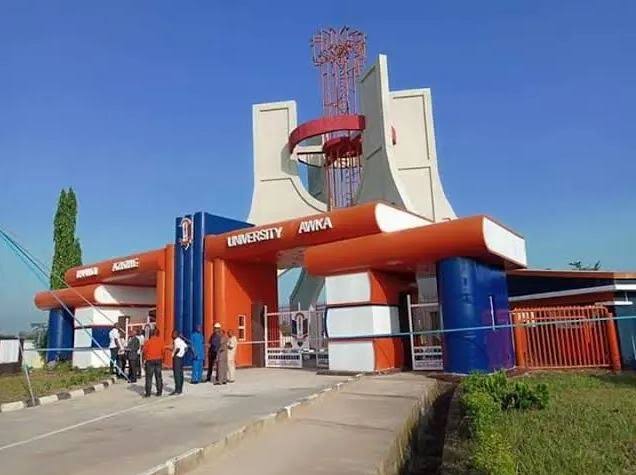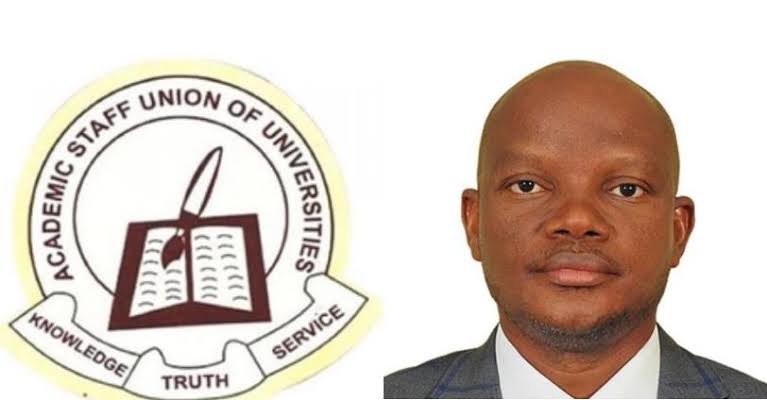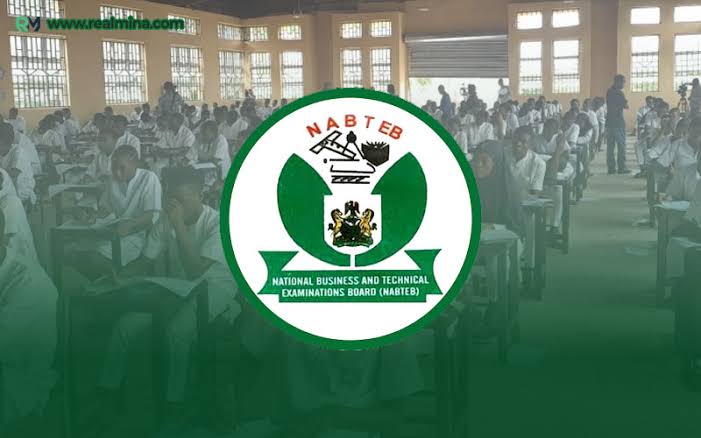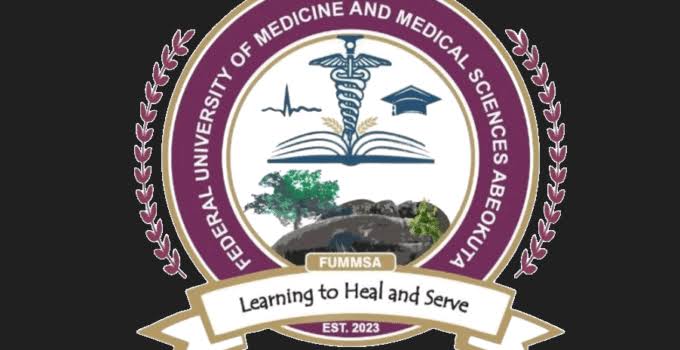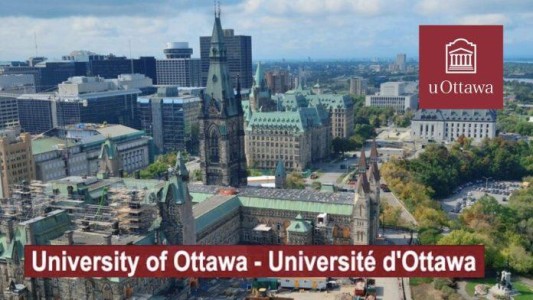The issue of admission racketeering in Nigerian universities has once again come to the spotlight following the recent exposure of a staff member at Nnamdi Azikiwe University (UNIZIK), Awka, who was accused of defrauding a parent of ₦400,000 under the pretext of securing admission.
This shocking incident has stirred conversations not just about corruption within higher institutions, but also about the vulnerability of admission seekers who fall prey to fraudulent schemes in their desperate pursuit of university placement.
The Case: How the Scam Happened
According to reports, Mr. Nnaji Kenneth, a staffer in the Personnel Unit (Statistics) under UNIZIK’s Registry Department, allegedly collected ₦400,000 from the mother of a prospective student.
- He initially promised to secure the boy admission into Medicine, one of the most competitive courses in Nigerian universities.
- Later, he changed the deal to Nursing Science, but eventually stopped responding to the parent’s calls and inquiries.
- Out of frustration, the victim reported the matter to the Acting Vice-Chancellor, Prof. Carol Chinyelugo Arinze-Umobi.
- In the presence of top university officials, including the Chief Safety Officer, Chief Legal Officer, and the Public Relations Officer, Kenneth admitted to the allegations.
- The matter has now been forwarded to the university’s disciplinary committee for further action.
The University’s Position
Prof. Arinze-Umobi, who has been keen on maintaining transparency since assuming office, emphasized that:
- Admission into UNIZIK is free, fair, and merit-based.
- The university has zero tolerance for corrupt practices.
- Staff found guilty of such acts will face severe sanctions as deterrents.
This stance is part of ongoing efforts by Nigerian universities to clean up their systems and restore public confidence in the admission process.
Understanding Admission Racketeering
Admission racketeering is not new in Nigeria. It refers to the illegal practice of individuals (sometimes insiders, sometimes outsiders) exploiting admission seekers by demanding money in exchange for fake or non-guaranteed admission slots.
Why It Persists:
- High demand for competitive courses like Medicine, Law, Pharmacy, and Engineering.
- Limited spaces in universities compared to the number of applicants each year.
- Desperation of parents and students, many of whom are willing to pay large sums to secure admission.
- Corrupt insiders and external touts who take advantage of the situation.
The Risks of Falling for Admission Scams
Many parents and students often believe paying money increases their chances of securing admission. Unfortunately, cases like this show the opposite. Victims risk:
- Loss of large sums of money with no admission to show for it.
- Emotional trauma and wasted academic years waiting for promises that never materialize.
- Exposure to fake admission letters that can later lead to expulsion if discovered.
- Legal battles that may drag on without proper restitution.
Lessons for Parents and Students
This incident offers a clear warning to all prospective students and their families:
✅ Admissions Are Free – Universities like UNIZIK repeatedly stress that no one should pay anyone to secure admission.
✅ Follow Official Channels – Always rely on official university portals, JAMB CAPS, and verified announcements.
✅ Beware of “Insiders” – Even if someone claims to work in the university, do not hand over money for admission. Genuine staff members are prohibited from making such offers.
✅ Report Suspicious Activities – Victims should not remain silent. Reporting fraudsters to school authorities or law enforcement helps protect others.
Wider Implications
This development goes beyond just UNIZIK. It reflects the systemic challenges in Nigeria’s higher education system, where:
- Competition for limited slots fuels corruption.
- Trust deficits between parents, students, and institutions grow stronger.
- The integrity of education is undermined when fraudsters infiltrate the system.
The decisive handling of this case by UNIZIK could set a precedent for other institutions to follow, strengthening accountability and transparency in Nigerian university admissions.
